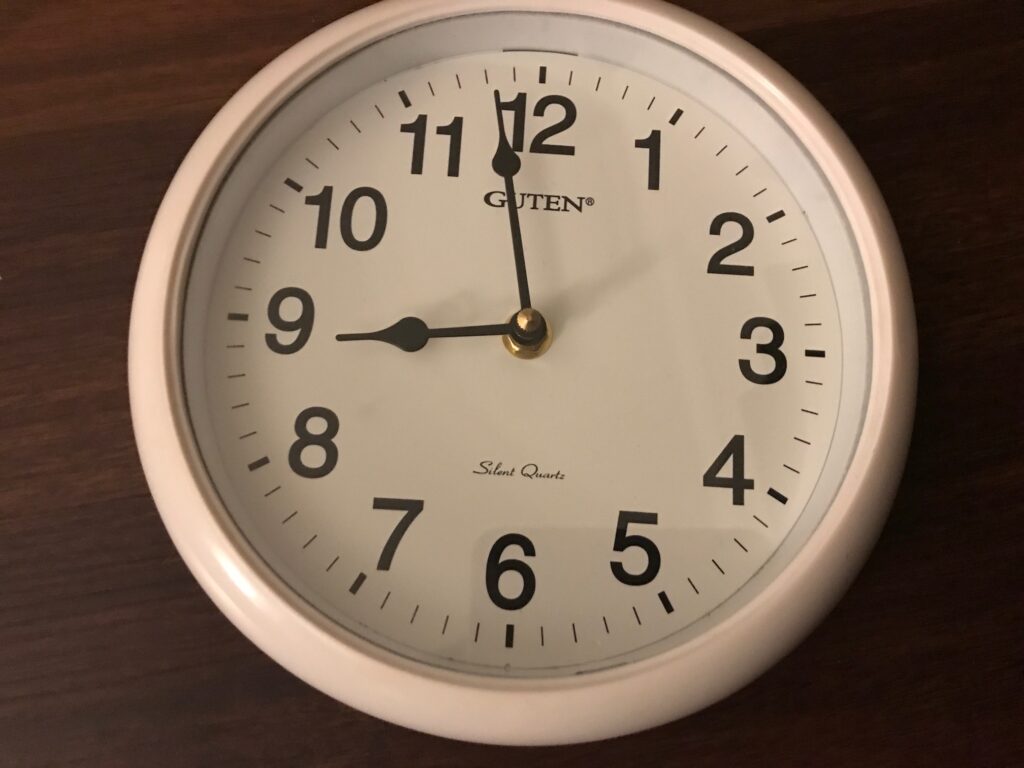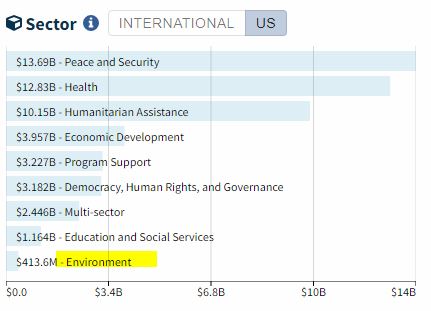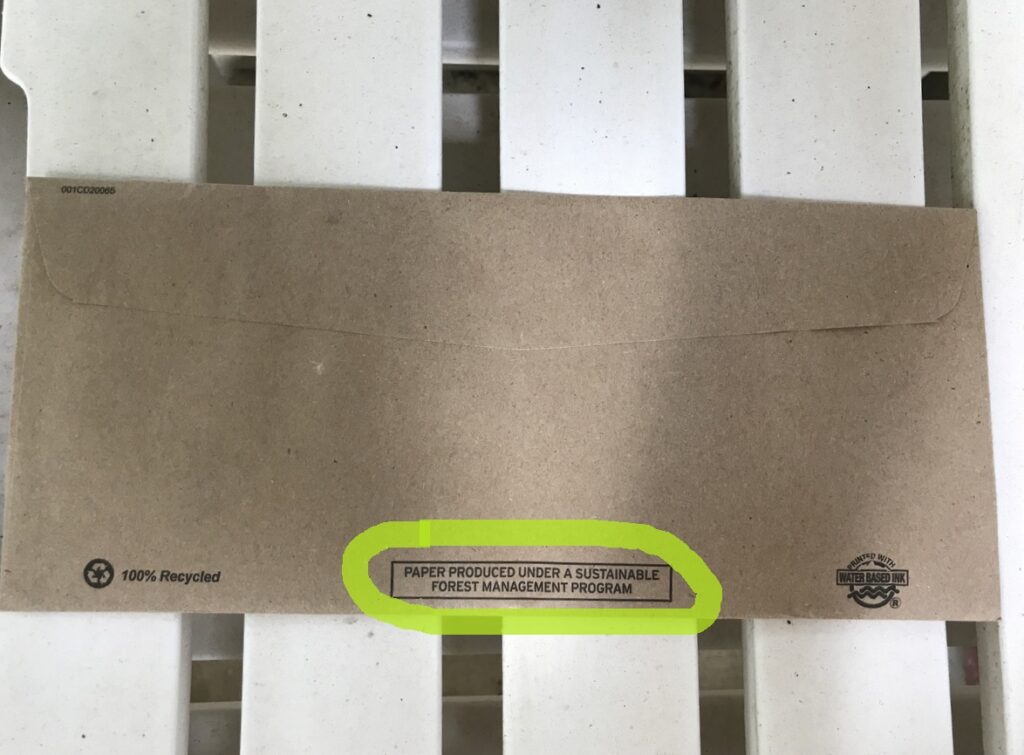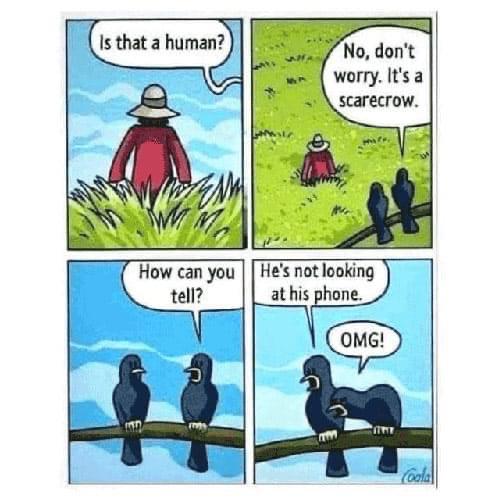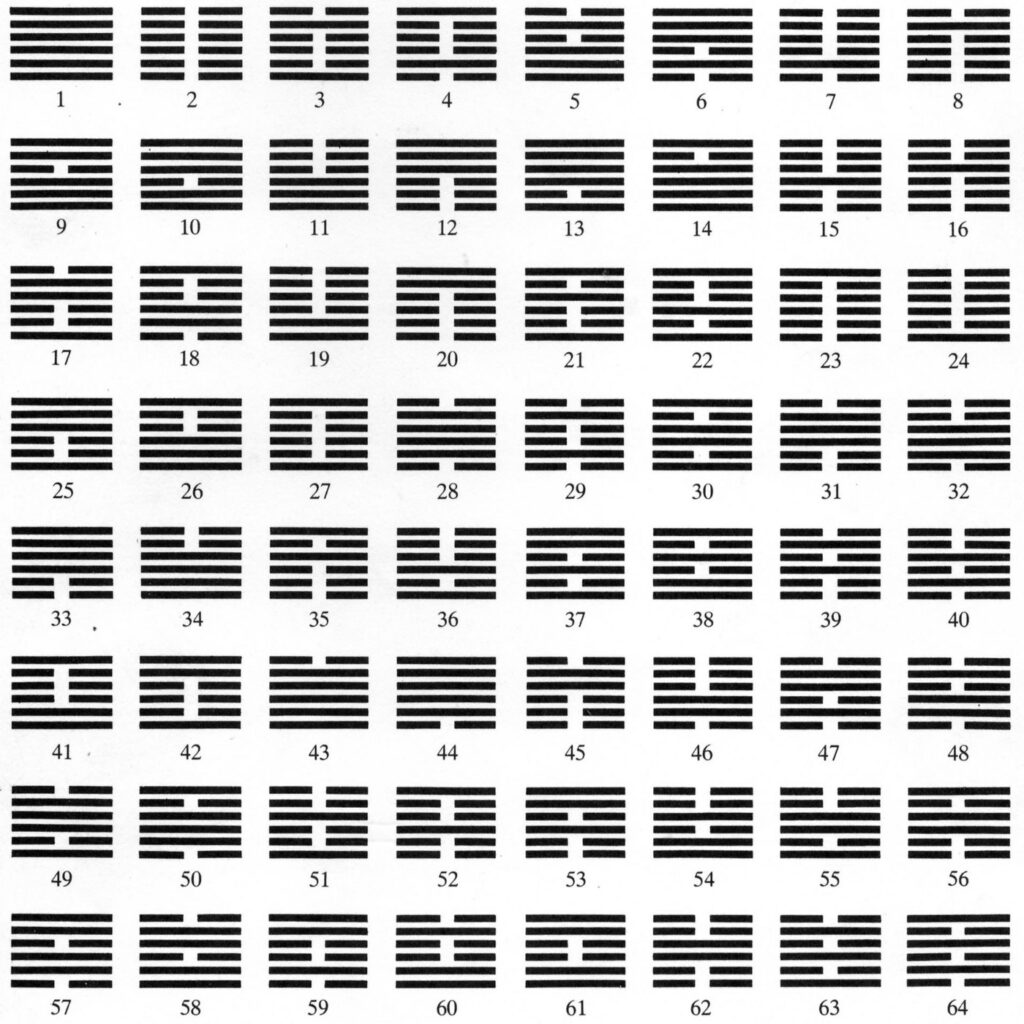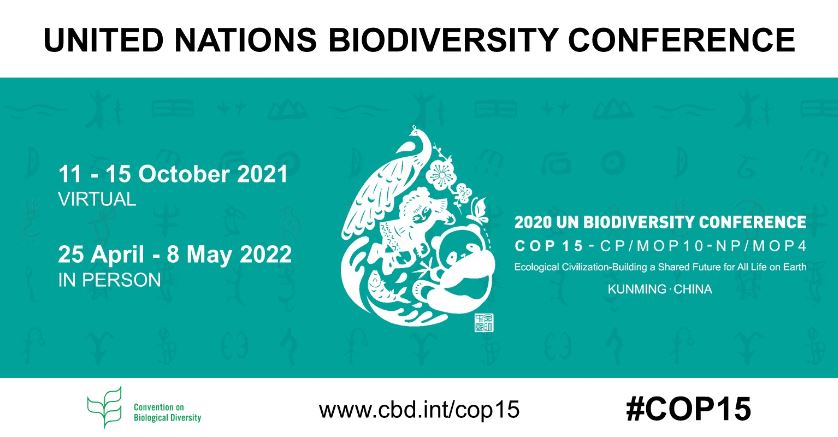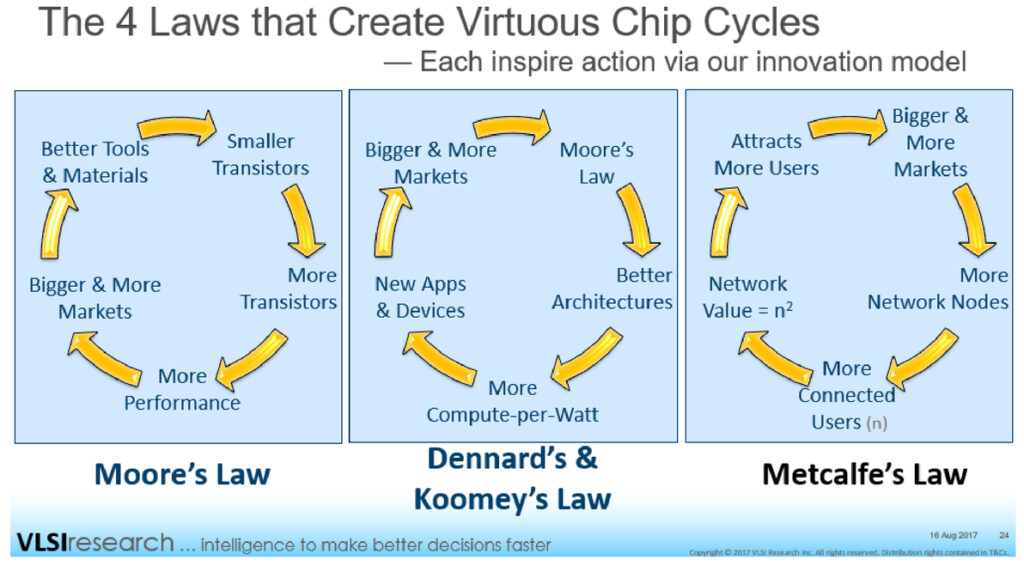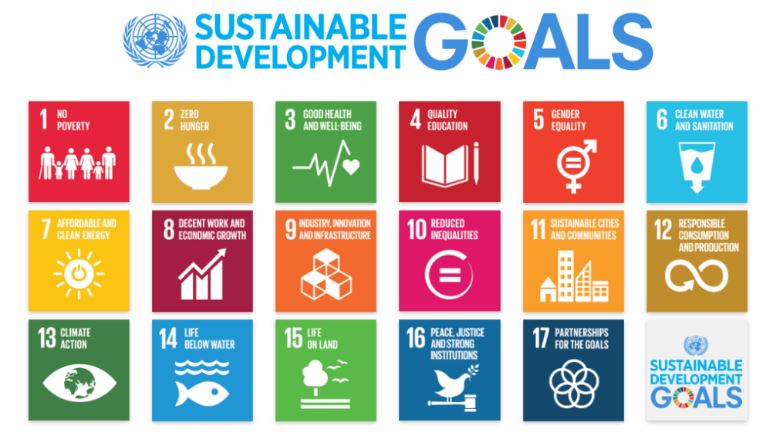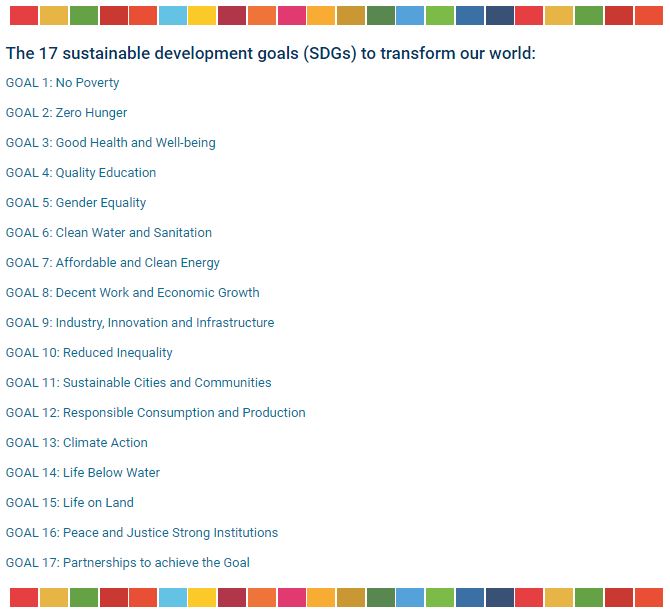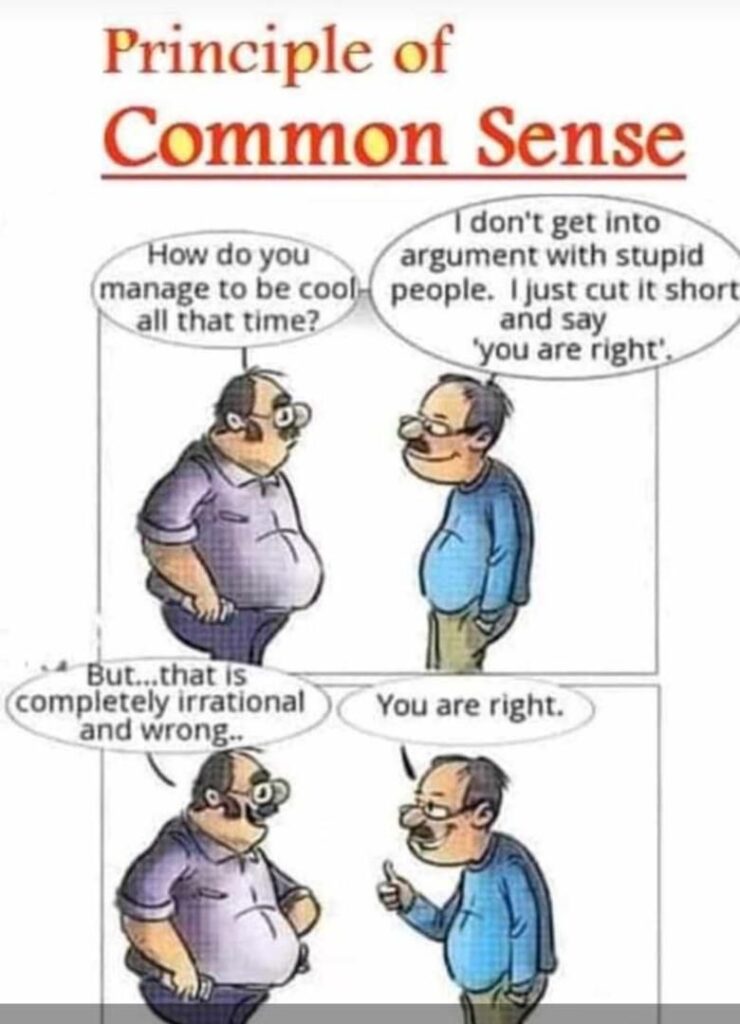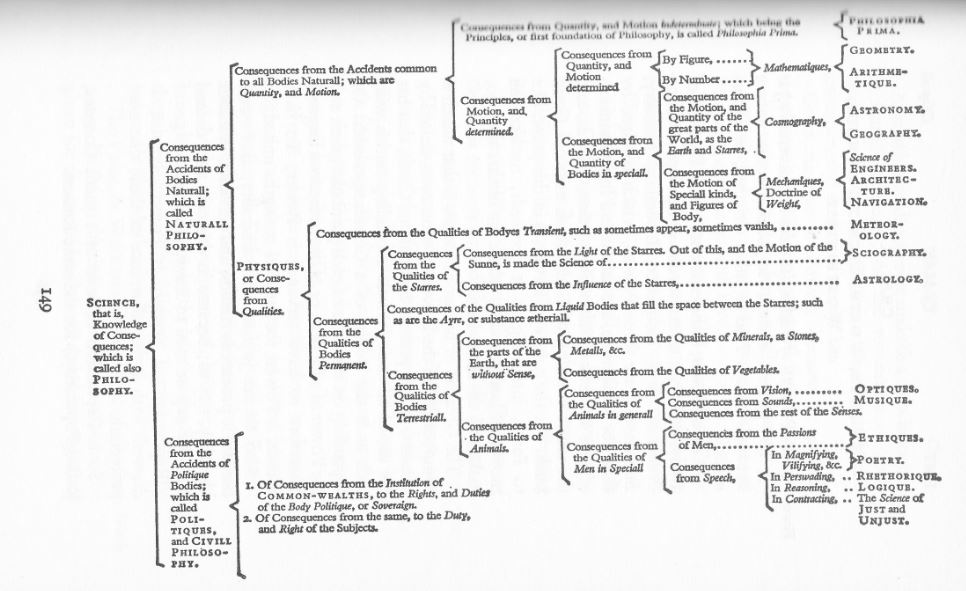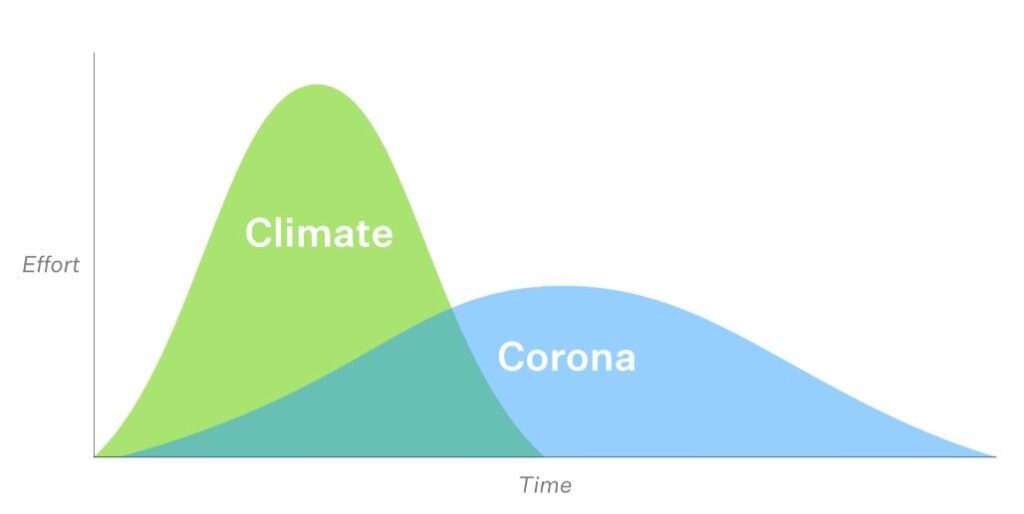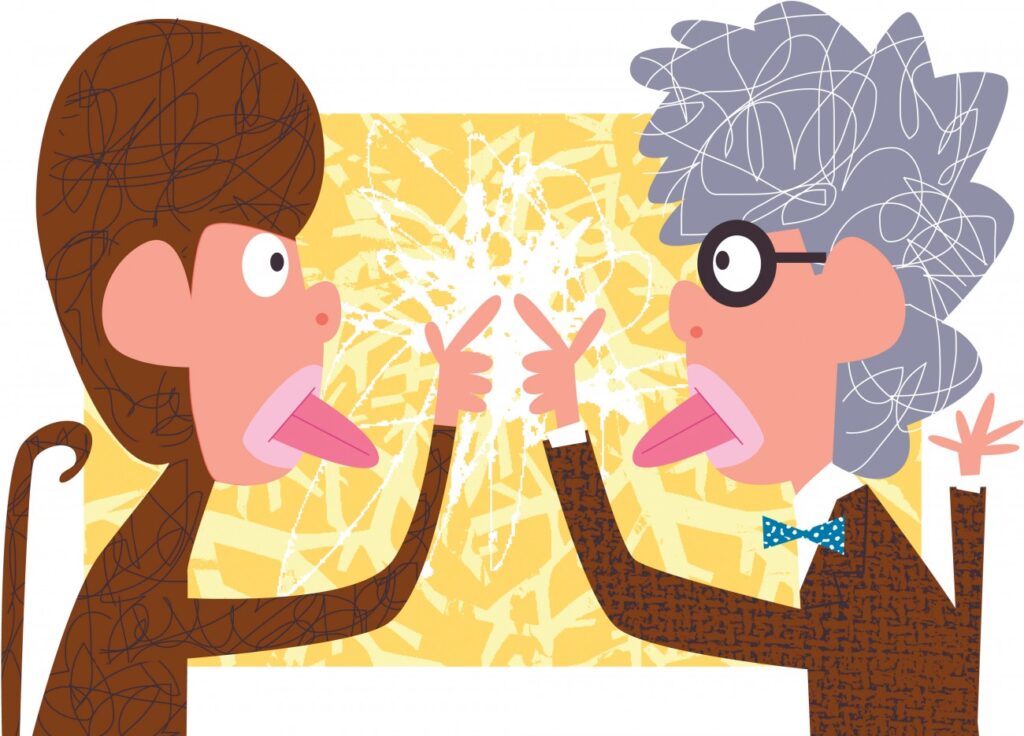
“History is a guide to navigate in perilous time. History is who we are and why we are the way we are. . . . To me, history ought to be a source of pleasure. It isn’t just part of our civic responsibility. To me, it’s an enlargement of the experience of being alive, just the way literature or art or music is.”
—David McCullough
Confucius once remarked that rulers need three resources: weapons, food and trust. The ruler who cannot have all three should give up weapons first, then food, but should hold on to trust at all costs. In the race with time to mitigate and adapt to climate change, I see what I learned from Chinese history illuminating. “自古皆有死,民無信不立。” (For readers that only understand pinyin: zi4 gu3 jie1 you2 si3, min2 wu2 xin4 bu4 li4) This quote from Confucius’ thought cannot be more timely and topical in 2022. This quote in English means “Death has always been with us since the beginning of time, but if the people have no faith in their rulers, there is no standing for the state.”
No matter how advanced medical technology will become that humans might be possible to extend our life expectancy through gene editing, or how controversial the subject on the dehumanization of technology continues, we are mortals. We are a highly social species with exceptional intelligence. Trust is the glue of society. Think, if you don’t trust your lover, will you still stick together with your loved one under the same roof? If you don’t trust your bank, will you still put money in that bank? If you don’t trust your government, will you still support the politicians that hold high office?
Time is fair for everyone. Time doesn’t wait for anyone. Time is our witness of trust building, peacemaking, redemption, reconciliation, history and legacy. But how trustworthy are you? If you have five minutes, a free self-assessment in John Baldoni’s 2008 article is a good starter to learn about the four characteristics of trust: credibility, reliability, intimacy and self-orientation.
Action speaks louder than words. Everyone is a history maker. Everyone’s act now is the history of tomorrow. You may say building trust is also an invaluable investment in ourselves and our future generations. However, if we set road blocks on the path of trust building, it is equivalent to when A slaps the face of B, pain is felt on both sides: A’s hand and B’s face. For instance, if humans continue to gobble up the Earth’s resources at an unsustainable rate, our shared home—the Earth—will become less habitable for us. And to make our Earth a habitable place for many years to come, building and repairing trust matter.
1. The Unfavorable Inconsistency
I remember in my first graduate class in natural resources management, our professor asked us how hopeful we were to tackle wicked problems like air pollution, supply chain shocks resulting from natural hazards, and climate change. My class was comprised of passionate environmentalists, business professionals, civil servants and advocates in the field of sustainability. A response from my teammate left a mark on me. He said that we don’t run short of enthusiasm and solutions, we just don’t have a consistent political will.
Having lived through the four years in America during Trump’s presidency, I vividly remember how inconsistent public policies were. I don’t know since when is the U.S. president accustomed to dismantle policies signed by predecessors and roll back effective regulations. I also see a president of the opposing party overriding Congress and issuing executive orders. In short, in a layman’s term, if I plant a tree from seeds to saplings, by the fifth year when the tree is five years old, does the person who succeeds me to look after the tree have the right to uproot the plant? Why? Because this person shares a very different view about tree planting. He wants to start from scratch to plant a new tree. Or worse, not planting any trees.
Plant trees is what humans can do and should do. But can trees survive on their own due to unsteady environment? For instance, the trees that we plant on the coastal margins where land meets water are called mangroves. Mangroves provide a valuable buffer to coastal communities (where global citizens love to settle and travel) against storm surges. But according to a research published in Science magazine, the mangrove ecosystem will fail to survive if the sea level rises faster than about 7 millimeters per year. Sea levels are rising globally at an average rate of about 3.4 millimeters per year, according to a 2019 report by the Intergovernmental Panel on Climate Change (IPCC). Human-caused global warming causes sea levels rising at a faster rate. I’m not a science geek but I do know the rise and fall of Earth’s temperature is a non-uniform motion. And the history of Earth’s temperature records before 1880 is just as inconsistent as politicians’ climate agendas.
Aside from the existing unsteady and extreme weather conditions resulting from climate change, if our future heads of state, legislators and judges keep overturning their predecessors’ long-standing climate policies and environmental regulations, how long will it take for a tree to grow roots?
No one knows.
But a sapling can be toppled in mankind’s power struggle and self-vanity. The Earth is a self-regulating complex system like Person B, the abovementioned victim of A’s slap on the face. We are feeling the consequence of the misuse and mismanagement of the Earth.
2. The Dangerous Mutation
I also remember that President Biden recounted his early state visit to Europe, saying American allies were skeptical of how long would America be back to international cooperation. Indeed. I’m skeptical, too. An old saying goes, “Don’t trouble trouble till trouble troubles you.” For instance, what on earth did an 82-year-old House speaker trouble troubles when she was advised and warned multiple times by American and Chinese top officials not to set foot on Taiwan as an active member of the U.S. Congress?
It’s worthy to say this so-called official visit was not on the official itinerary of Speaker Pelosi’s Asia trip. In other words, the U.S. taxpayers were not well-informed about how tax dollars were spent on unofficial trips by a high-ranked official. The Speaker does not represent my state; she represents the people of California. And yet, her official travel expenses are paid by all U.S. taxpayers.
Apparently, honesty as the best policy doesn’t apply to this policymaker.
According to a survey by Morning Consult, only one in three voters can find Taiwan on the map, so, I surmise a majority of taxpayers don’t even know where Taiwan is.
Taiwan like many big and small island territories and countries around the world, such as Japan, Hawaii, New Zealand, Jamaica, the Philippines, Indonesia and alike, are vulnerable not to hot wars imposed by great powers but to rising sea levels due to global warming.
Are the great powers ready to accept the climate refugees from the sinking land elsewhere? Are they ready to give up weapons to trust building?
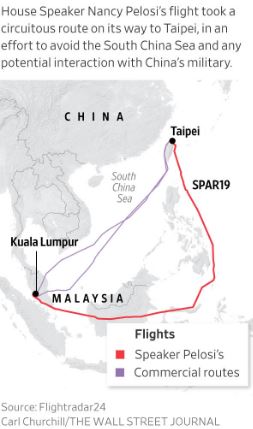
Any environmentally-conscious global citizen knows air travels contribute to human-induced global warming. A recent research shows that airplanes emit around 100 times more CO2 per hour than a shared bus or train ride. Aviation contributes an estimated 2.4% of global annual CO2 emissions, most of it from commercial travel.
Well, Speaker Pelosi took a three-hour detour to get to Taiwan. Her delegation (unfortunately no Republicans on board) did not take the commercial flight route. If a civilian aircraft burns about 3,600 gallons of fuel per hour, the Speaker’s three-hour detour in the air will burn at least 10,800 gallons of fuel, probably more since she took the more powerful military aircraft.
California is reputed to be an environmental savior in America. Shouldn’t Golden State’s House Rep lead by example to reduce carbon footprint by air travel? History is also written by hypocrites, isn’t it?
Moreover, the Speaker’s unwise political footprint has deepened the US-China strategic mistrust. The latest setback is China suspending climate talks with the United States. I was literally in tears when I saw our climate envoy, Secretary John Kerry, appearing together on a global stage with his Chinese counterpart Mr. Xie Zhenhua on climate cooperation. Both of their teams must have spent thousands of hours negotiating and drawing road maps for cooperation. Now, it’s truly one step forward, ten steps backward. I’m again in tears, but more for our future generations of both countries than for my contemporaries. How many hundreds of thousands of hours will our future generations of both countries take to repair and rebuild trust?
Politicians often claim they do good for their people. But sadly, the people’s trust in their government is fading, perhaps except in China, when Chinese people are more united than ever to protect China’s sovereignty.
Politicians also claim they need to sanction wrongdoers in the interest of their peoples. In fact, the people are hurting the most by any sanction because the privileged always can find their ways to escape punishment or reduce the pain on the face slapped by Person A, the slapper.
Look at the Taiwanese farmers who used to trade with mainland China and at the food crisis in some African countries. They’re the victims of sanctions by great powers, not the wrongdoers!
The U.S. economic sanctions have weakened the dominance of US dollar in global markets. More countries are looking for alternatives to shift away from the dollar as reserve currency. This July, Australian iron ore industry welcomed Chinese yuan as a new payment method. Even European gas buyers agree to make ruble payments to Russia despite U.S. sanctions on the Ukraine war crime perpetrators.
If foreign policy is a mirror of the domestic conditions of a given country, can I infer that trust building should start from within? We, the people. And yet, the people are divided. Politicians in this country are noted to be untrustworthy.
How can we have a consistent political will if our politicians are untrustworthy?
We should acknowledge that it takes longer time to build and rebuild a structure than to demolish and destroy it. Build Back Better, sounds good and musical to a poet’s ear. Trust, in fact, is the foundation of building anything. Simply put, if love doesn’t strike twice, will you marry the same person twice? If you don’t trust a company, will you buy the products from that company?
Trust is harder to rebuild, that is “build back,” than buildings, let alone building back trust better than it was. Distrust is a dangerous mutation like the seemingly resilient coronavirus variants.
Climate cooperation requires trust; a large scale of trust building is the key. Nonetheless, time is against us to do more to slow—and hopefully turn around—Earth’s declining health. A new research shows the Arctic has warmed nearly four times faster than the globe since 1979. It might even be worse because scientists say climate models systematically tend to underestimate the severity of effects caused by climate change.
I’m not a big fan of prediction algorithms. As Rotger Bregman wrote in his book Humankind: “If we want to tackle the greatest challenges of our times—from the climate crisis to our growing distrust of one another—then I think the place we need to start is our view of human nature.”
3. Transparency fosters trust; human trust saves face and the Planet
The US-China relation is at rock bottom as a result of Speaker Pelosi’s visit to Taiwan. By comparison, President Clinton’s visit to China’s Peking University twenty-four years ago is one of—if not the most—memorable highpoints of the US-China relation. I remember in his response in the Q&A session (click here for transcript) with Chinese students, he mentioned a phrase “ancient hatreds.” He said:
“Now, let me say one expectation I have for the younger generation of Americans and Chinese that has nothing to do with economics. One of the biggest threats to your future is a world which is dominated not by modern problems but by ancient hatreds. […] And I hope young people in China and young people in America who have a good education will be a strong voice in the world against giving in to this sort of hating people or looking down on them simply because they’re different.”
Seeing the Ukraine war and Israeli-Palestinian conflict unfolding in 2022, I can’t agree more on the awful impact of ancient hatreds on future generations. With the help of social media, ancient hatred seems to be spreading faster and stronger. But social media might also do the opposite to improve transparency. The more people sharing fact-based information online, the harder for wrongdoers to hide evidence. As long as we are engaged in communication, it will only make us understood better, won’t it?
In closing, I have three best practices in turning waste into treasure. These countries and kind-hearted humans are doing their parts to protect our shared home, the Earth. It’s never too late to build trust and strengthen it day by day. Let’s do it.
Here is one best practice. The UK’s Royal Mint expects to recover gold from the circuit boards of laptops and mobile phones. This initiative will retrieve hundreds of kilograms of gold per year to reuse in its coins, bars and other products.
Here is another. Do you know the Sahara desert is full of plastic trash? In this video, you will see how a refugee camp is recycling it into new products.
And the third. A Haiti-based NGO, Sustainable Organic Integrated Livelihoods (SOIL), has pioneered sanitation solutions to fight poverty and protect the planet. SOIL is supporting local communities to transform human waste into resources. The organization hires local people to collect and process human waste. Once the waste is composted and becomes nutrient-rich soil, it’s sold to farmers at a cheap price. The organization recently introduced a new revenue-raising scheme — allowing the larvae of black soil flies to break down waste. When the larvae begin to crawl, but before they turn into flies, they’re culled and then sold as nutritious chicken feed.

